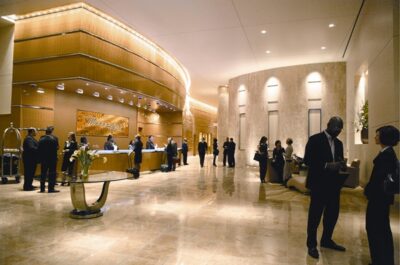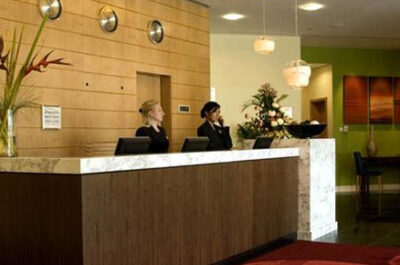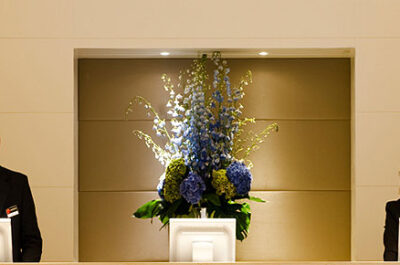Energy, water, waste, chemical consumption or support for local communities are now issues that hotels take into consideration when adopting a sustainability approach, whether they do so for ethical, financial, or branding reasons. However, there is a fundamental aspect of hotel operation that remains neglected.
Travelling millenials, who will outnumber Boomers in Asia by 2020, have much higher expectations when continue pushing the industry, from hostels to 5-star luxury resorts, in this direction. Energy, water, waste, chemical consumption or support for local communities are now issues that hotels take into consideration when adopting a sustainability approach, whether they do so for ethical, financial, or branding reasons. However, there is a fundamental aspect of hotel operation that remains neglected. It’s one with a staggering environmental impact that is so obvious that all see it but no one talks about it. The problem is so seriously ignored that it’s not included in the criteria for the most advanced green hotel certification schemes. And it can cause tremendous damage to a hotel’s income statement. Too often considered as a necessary evil by hoteliers, food waste is the elephant in the room that the vast majority of operators still try hard to ignore.
When I get to share what we do at LightBlue to help hotels to address their Food Excess issue, the typical reaction I get is: “it’s nice, but what do you do, you get hotels to reduce the variety of food?” Or “you can’t force people to finish their plates, can you?”. The answer is a clear no, we cannot and will not do that, as guest satisfaction and brand standard are central in every improvement offered to our partners.
However, we realized through our experiences that by implementing a food excess monitoring system that uses clear categories (Spoilage waste, preparation waste, buffet waste and customer plate waste) we’ve been able to help properties reduce their food waste by 45%.
Although hoteliers have not yet gotten on board, food waste has recently made it into the headlines of several international business publications including: Bloomberg, the Financial Times, and CNN. And countries all over the world are beginning to realize the true negative impact of food waste. The United States plans to cut their food waste by 50% by 2030; and the European Union is being even more ambitious as they plan to do the same but by 2020. The impetus for these programs is clear. As a recent report from the United Nations Environment Programme (UNEP) states, “The impact of food waste is not just financial. The vast amount of food going to landfills makes a significant contribution to global warming”. As such, the United Nations just recently set food waste as one of their most urgent UN Sustainable Development Goals (Goal 12.3).
If Public Organisations, International bodies, and business media recognize the severity of the problem of food waste, then why aren’t hotels willing to face this issue?
Benjamin Lephilibert is Managing Director at LightBlue EC and Expert in Hotel Food Waste Prevention, Employees/Guests participation, and Certification.
Benjamin holds a Master of Arts in International Relations from Graduate Institute of International and Development Studies (Geneva), and a Master of Science (Merits), Environment, Tourism and Development, from King’s College London.
He started his career with Accor Hotel Group, being In charge of the implementation of the environmental certification program ’Green Globe’ (EarthCheck) in 44 Novotel properties throughout 9 countries in Asia (training design and delivery, walkthrough assessment, mock audit). He then became a Master Trainer and Strategy Consultant in Hotel Sustainability Efficiency for the UN International Labour Organisation (UNILO), in different parts of Thailand and the Philippines.
Benjamin is a consultant on various projects in the region (EU Environmentally and Socially Responsible Tourism, Vietnam), a guest speaker (Kuoni Water Champion) and guest lecturer (Phitsanulok University, Dusit Thani College), as well as an active member of several sustainability working groups (GSTC, PATA, UNEP). He started LightBlue Environmental Consulting in Bangkok in 2012.




























































































































































































































